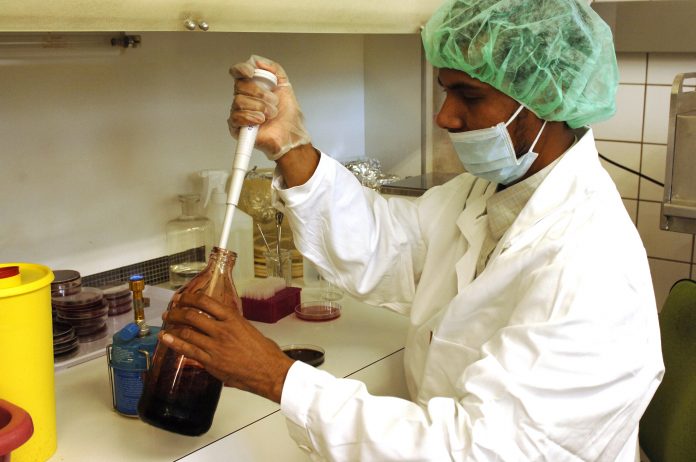The European Court of Justice (ECJ) ruled on July 25 that a new set of genetic engineering techniques pioneered by biotechnology firms is subject to bloc regulations on genetically modified organisms (GMOs).
The breeding techniques had been given an exemption for organisms created by mutagenesis, a process in which some gene sequences are removed, but no foreign ones are introduced. But a group of small-scale French farmers challenged the exemption – taking the case to Europe’s top court.
As reported by Deutsche Welle (DW), Germany’s international broadcaster, the ruling states that new mutagenesis techniques such as “molecular scissors” carry the same risks to humans, animals, and the environment as traditional genetic engineering. It also ruled that food produced by these cutting-edge technologies must be subjected to the same risk assessments, tracing and labelling systems required of traditional GMOs.
Only mutagenesis tools that “have conventionally been used in number of applications and have a long safety record” will be able to receive exemptions in the future.
According to large farms and food production companies, however, the new mutagenesis tools are necessary to keep up with global competition and demand.
Consumer advocates, on the other hand, welcomed the ruling. Mute Schimpf of the group Friends of the Earth said that the decision “defeats the biotech industry’s latest attempt to push unwanted genetically-modified products onto our fields and plates”.

